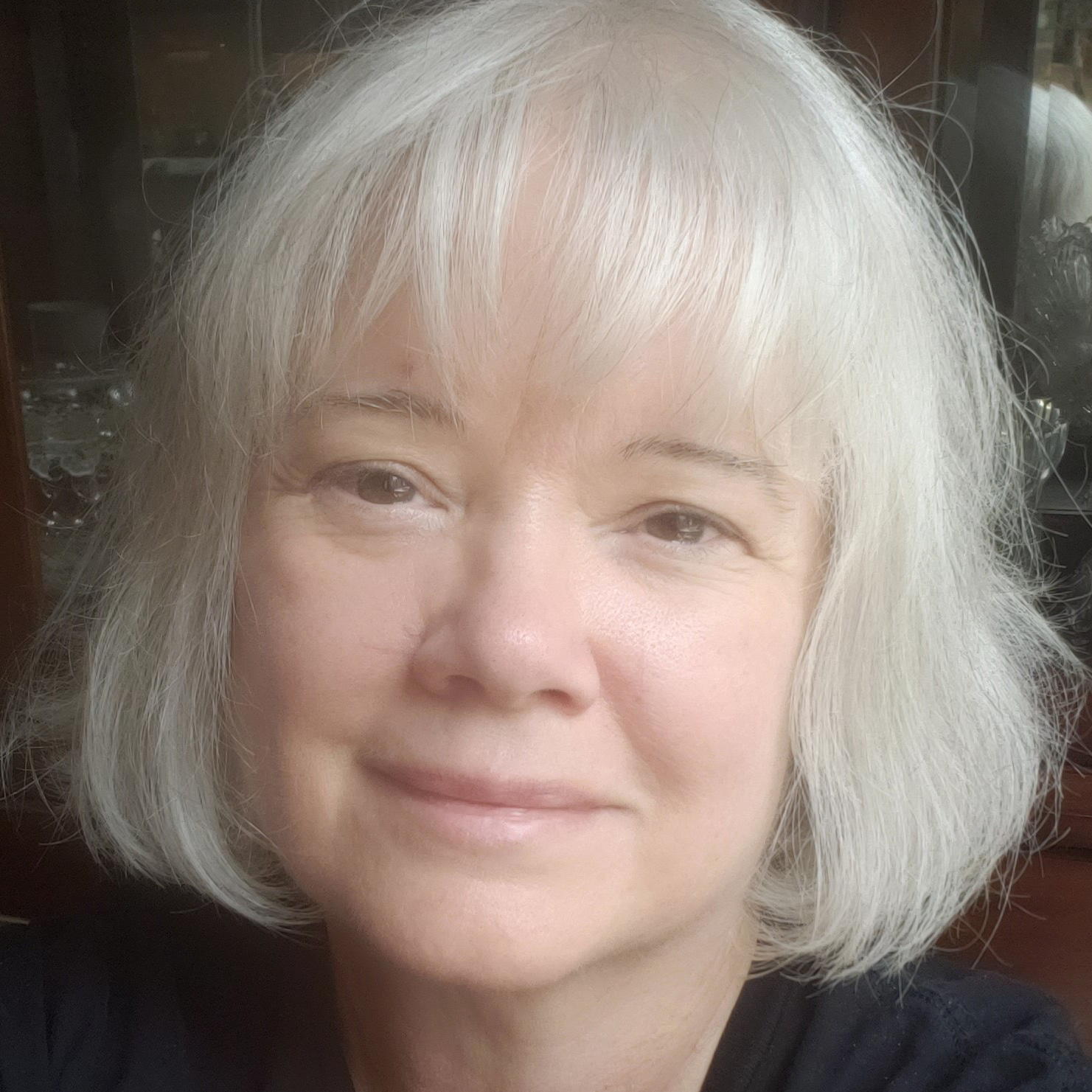"Finding Home" is now available on Amazon.
Music and Emotion: Composing and Playing Music to Enhance Emotional Well-Being
Music has a profound impact on our emotions and consciousness, serving as a powerful medium for expressing and processing feelings. For those of us in our golden years, engaging in musical activities such as composing or playing instruments can significantly enhance emotional well-being, foster empathy, and deepen self-awareness. Here’s how music influences our emotions and practical ways to incorporate music into your life for emotional health.
The Emotional Impact of Music
Music has the ability to evoke a wide range of emotions, from joy and excitement to sadness and nostalgia. Here are some ways music affects our emotional state:
Emotional Expression
- Catharsis: Music provides a safe outlet for expressing complex emotions that might be difficult to articulate.
- Mood Regulation: Listening to or playing music can help regulate your mood, lifting your spirits or providing comfort during difficult times.
Connection and Empathy
- Shared Experience: Music can create a sense of connection with others, whether through shared musical experiences or songs that resonate with common feelings.
- Empathy Development: Engaging with music that expresses different emotions can enhance empathy, helping you understand and relate to the feelings of others.
Cognitive and Physical Benefits
- Memory Enhancement: Music has been shown to improve memory and cognitive function, making it a valuable activity for maintaining mental sharpness.
- Physical Relaxation: Playing or listening to music can reduce stress and promote physical relaxation, benefiting overall health.
Composing Music for Emotional Expression
Composing music allows for a deep exploration of your emotions and creativity. Here’s how to get started:
Finding Your Inspiration
- Reflect on Emotions: Start by reflecting on the emotions you want to express. Whether it’s joy, sorrow, love, or fear, let your feelings guide your composition.
- Use Life Experiences: Draw inspiration from your personal experiences, memories, and relationships.
Basic Composition Techniques
- Melody: Create a simple melody that captures the essence of your emotions. Hum or play around on an instrument until you find a tune that resonates with you.
- Harmony: Experiment with chords and harmonies to add depth and richness to your composition.
- Rhythm: Consider the rhythm and tempo that best reflect your emotional state. Slow tempos can evoke calmness or sadness, while faster tempos can convey excitement or joy.
Expressive Elements
- Dynamics: Use dynamics (loudness and softness) to convey intensity and nuances of emotion.
- Instrumentation: Choose instruments that enhance the emotional tone of your piece. Strings might evoke melancholy, while a piano might bring a sense of tranquility.
Playing Musical Instruments for Emotional Well-Being
Playing a musical instrument can be incredibly therapeutic and fulfilling. Here’s how to incorporate instrument playing into your life:
Choosing an Instrument
- Personal Preference: Choose an instrument that you are drawn to and feel excited about playing. Whether it’s a piano, guitar, violin, or something else, your connection to the instrument is important.
- Accessibility: Consider the practicality of the instrument. Some instruments may be easier to learn and maintain than others.
Learning to Play
- Start with Basics: Begin with the basics, such as learning simple chords, scales, and melodies. There are many online tutorials and local classes available for beginners.
- Practice Regularly: Set aside regular time for practice. Consistency is key to improving your skills and enjoying the benefits of playing music.
- Explore Different Genres: Experiment with different styles and genres of music to find what resonates most with you.
Therapeutic Playing Techniques
- Improvisation: Allow yourself to improvise and play freely without worrying about mistakes. Improvisation can be a powerful way to express spontaneous emotions.
- Playing Familiar Tunes: Play songs that you love and that evoke positive memories. This can provide comfort and joy.
- Mindful Playing: Focus on the sensations and sounds as you play, practicing mindfulness to stay present and connected to the music.
Practical Tips for Incorporating Music into Your Life
Here are some tips to help you integrate music into your daily routine for emotional well-being:
Create a Musical Environment
- Listening Spaces: Designate spaces in your home for listening to or playing music. Create a calming environment with comfortable seating and good acoustics.
- Music Library: Build a collection of your favorite music. Include a variety of genres and styles that cater to different moods and emotions.
Engage with Music Communities
- Join a Group: Consider joining a local choir, band, or music group. Sharing musical experiences with others can enhance your sense of community and connection.
- Attend Concerts: Attend live music performances to experience the emotional power of music in a communal setting.
Use Music for Reflection
- Music Journaling: Keep a journal where you reflect on the emotions and thoughts that arise while listening to or playing music.
- Emotional Playlists: Create playlists that correspond to different emotional states. Use these playlists to help manage your mood and express your feelings.
Conclusion
Music is a powerful tool for enhancing emotional well-being, fostering empathy, and deepening self-awareness. Whether through composing your own music or playing an instrument, engaging with music can provide a therapeutic outlet for navigating emotions and reflecting on life experiences.
Start today by exploring the world of music and incorporating it into your daily routine. Embrace the healing power of music to express your feelings, connect with others, and achieve a greater sense of self-awareness and emotional health. Remember, music is a journey, and each note you play or compose is a step towards a richer, more fulfilling life.
Allow this Muse to inspire your next creative work.
Source: OpenAI. (2024). ChatGPT (4o) [Large language model]. https://chatgpt.com

